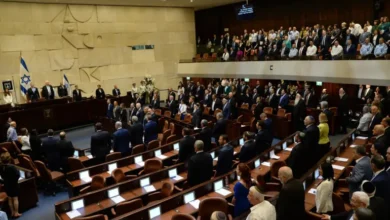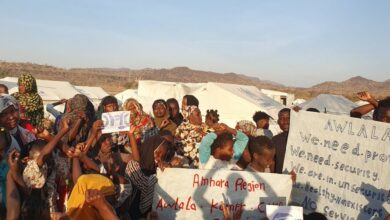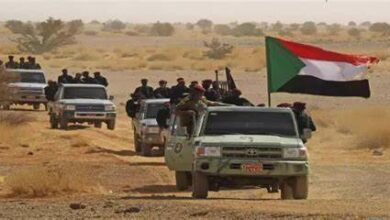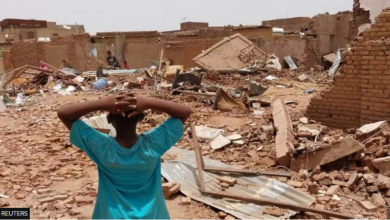United Nations praises the efforts of the Vice-President of the Sovereign Council in tribal reconciliation and conflict containment

United Nations praised the efforts and positions of the Vice-President of the Transitional Sovereignty Council, Lieutenant-General Mohamed Hamdan Dagalo, in conducting tribal reconciliations, sponsoring them, facilitating the signing of tribal reconciliations and containing conflicts in Darfur.
The Security Council report on the “situation in Sudan and activities of the United Nations Integrated Assistance Mission during the Sudan Transition” mentioned the Vice-President of the Sovereignty Council sponsoring several peace agreements and reconciliations between tribal leaders following bloody events in the Darfur region to address the problem of widespread violence between tribes.
The report of the Security Council said that an agreement was signed between Fellata and Rizeigat in South Darfur after the events in Gereida, and that five separate agreements were signed in West Darfur to address the problem of violence recently witnessed in the localities of “El Geneina, Karinak, Sarba, Jebel Moon and Kulbus.”
The report referred to the discussions of the Vice-President of the Sovereignty Council, Lieutenant-General Mohamed Hamdan Dagalo, with the President of the Military Council of Chad, Mohamed Idriss Deby in N’Djamena, to discuss border security after the outbreak of tribal violence along the border between West Darfur and Chad last August.
The report mentioned the participation of the Rapid Support Forces in containing conflicts in areas of eruption of violence and conflicts, and in mediating between the conflicting parties. He stressed that the Rapid Support Forces facilitated the signing of the agreement on cessation of hostilities between the Hausa tribe and members of the Funj, Hamaj and Alberta tribes, following the violence that occurred in Blue Nile state last month, noting that the agreement included recommendations related to the deployment of joint security forces in areas affected by violence. , as well as reopening water sources, markets and farms.





